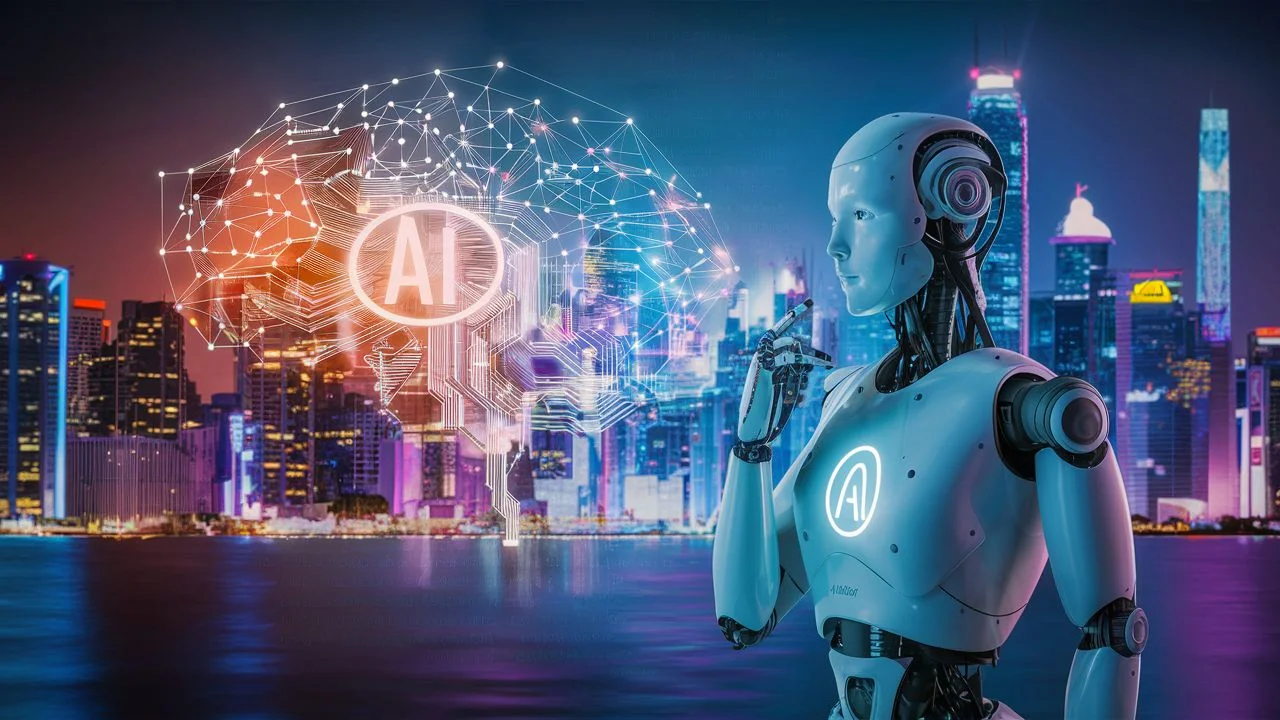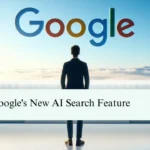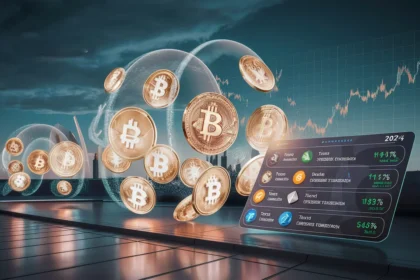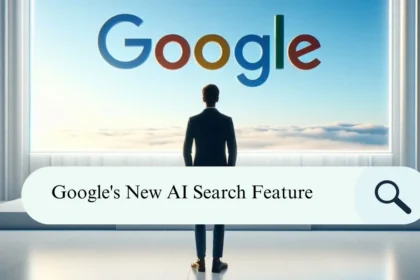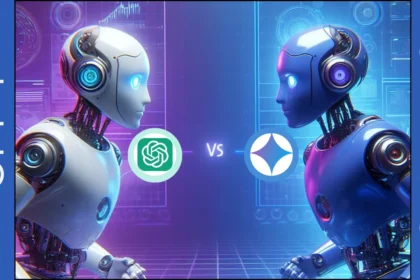What is Artificial intelligence?
Artificial Intelligence (AI) is a set of computer machines or computer-controlled robots that perform functions like human intelligence. Specific functions performed by AI include expert systems, natural language processing and detection, the ability to reason, speech recognition, and calculations. Artificial Intelligence (AI) is a wide range of technology that encircles many different fields, including data analytics and statistics, hardware and software engineering, neuroscience, and linguistics.
The rise of generative AI has sparked curiosity and attention in the last few years and its potential has unlocked various opportunities. This article explores some of these possibilities and explains how AI is changing the world day by day and in the next few decades, it will completely replace human intelligence in numerous fields.
How does AI work?
A question comes to every mind, how does AI work? AI system operates by processing substantial sets of training data and leveraging this data to predict future states. Resultantly, a chatbot exposed to textual examples can acquire the ability to generate conversations like human beings, while an image recognition tool, can learn to identify and describe objects in images. Emerging and swiftly advancing generative AI techniques can now produce realistic messages, music, and other forms of media.
AI programming focuses on reasonable skills that include the following:
Learning
Reasoning
Creativity
Self-correction Top of Form
How AI is changing the world?
We are on the verge of witnessing the most significant change in history. In Future AI and The Next Wave of Job Opportunities will reshape the world by creating new roles and requiring people to learn new skills. Whether it be the discovery of fire or the harnessing of electricity, each marked a life-changing moment for civilization. These technological waves typically began as modest experiments, but eventually, they swept across the world.
AI stands apart from previous technological waves due to its capability to unleash novel powers and reshape existing ones. All previous waves of technology have led to shifts in power structures, none of these have witnessed the sheer proliferation of power that the AI is bringing forth.
5 Ways AI is Changing Our World
With time, man created new technologies that are more efficient, smart, and intelligent than he is. But man doesn’t need to be afraid of that, because AI is making work more easy, more convenient, and more accurate for people due to its potential. Here, are 5 ways through which AI is changing the world.
- Creating New Jobs
- Creating Art
- Bridging Language Divides
- Transforming Government
- Delivering Health Care
Future of AI
AI has already transformed people’s lives, work, and communication, and it’s only in its initial stages. Although it made work easy for people and governments globally it also has some new challenges for citizens.
Despite all that, in the future, AI can be more advanced and integrated into our daily lives. It could solve the world’s problems and create new opportunities for citizens. However ethical concerns will play an important role in shaping the future of AI.
AI Potential and Future Technology
As we explore the potential of AI, its applications across various sectors are poised for continued growth. Taking protective measures to ensure ethical use of AI is crucial, to maximize its benefits and minimize associated risks.
Ultimately, AI helps businesses to maintain a competitive edge. By identifying the potential areas for betterment before they intensify into problems, AI aids in a deeper understanding of customer needs and priorities. Moreover, AI can play an important role in the creation of custom-made products that align with customer requirements.
For all these reasons, For all kinds of businesses, organizations, and as well governments, AI has gained an important place for a better understanding of analytics.
Faq’s
How artificial intelligence will change the world?
AI continues to evolve and will become more integrated into our daily lives, enhancing productivity and convenience in various industries. In the next few years, we will see significant advancements in every field of life, like healthcare, entertainment, and transportation, driven by AI technologies.
How is AI useful to the world?
AI is important for its potential to change how we live and work. It has been effectively used in businesses to automate tasks. AI is a useful and helpful tool for people of all kinds around the globe. It can perform functions more accurately in less time than human beings. It can solve problems and create new opportunities.
Why is AI important nowadays?
AI is often used to solve complex problems that could be difficult or impossible for beings to solve. AI can help to develop critical thinking and problem-solving skills that can be applied to a wide range of fields globally.
How to use AI technology?
AI simplifies the process of creating and editing visual elements for both personal and business projects, making it more accessible than ever.
Create Custom Art
Create Logos and Brand Assets
Design Custom Illustrations
What is an AI in simple words?
In simple words, Artificial intelligence is the science of making machines that can think and do work like humans. AI technology can process large amounts of data in ways, unlike humans.

